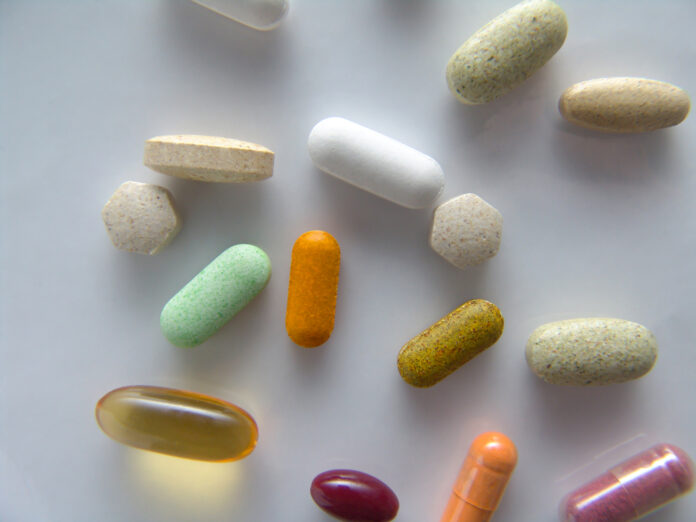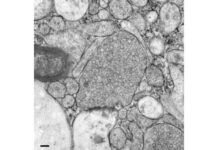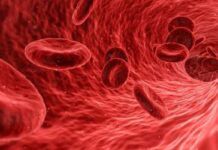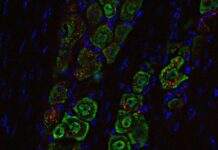The FDA-approved malaria drug, Atovaquone protects lung cells from COVID-19 in laboratory study.
Atovaquone is one of the compounds present in Malarone, an FDA approved drug for the treatment and prevention of malaria. Although an effective anti-malarial, since 2019, the drug has garnered attention for its antiviral properties. Especially, against viruses such as Zika, dengue, and chikungunya. However, early in the pandemic, Canadian researchers started to observe a protective effect against COVID-19 among patients taking the malaria drug. As a result, researchers at Aarhus University have conducted a laboratory study to assess Atovaquone’s effect on coronavirus.
Although vaccines against COVID-19 have been developed, lives can be saved if approved, inexpensive and available medications prove effective against the disease.
Madalina Carter-Timofte, lead author
Atovaquone is a ubiquinol analogue and targets parasitic mitochondrial functions; thus, inhibiting vital metabolic pathways. However, the drug does not affect human mitochondrial functions and has an excellent safety profile. Along with malaria, the drug is also used against Pneumocystis jirovecii pneumonia.
As part of the study, researchers exposed human lung cells to a solution of atovaquone. According to the results, the malaria drug successfully prevented viral replication and SARS-CoV-2 infection in vitro. Moreover, it reduced the expression of inflammatory markers associated with COVID-19. The study authors believe that the drug’s antiviral effect comes about due to the molecule interfering with the binding of the spike protein and the human receptor ACE2 during the entry phase.
Next Step: Clinical Trials
The laboratory study demonstrated malaria medicine’s ability to work against various coronavirus variants: alpha, beta, and delta. However, the team does not yet have access to testing it on the Omicron variant. But once possible, they plan to assess Atovaquone’s efficacy against the new strain.
Being able to use already approved medicines against COVID-19 would be ideal, because it would save both time and resources during the developmental phase.
Professor David Olagnier, study author
This is the first study to assess the anti-coronavirus activity of a widely available anti-malaria drug. Moreover, it provided evidence that the drug blocks COVID-19 infections in human lung cells, both pre- and post-infection. Although the results are promising, researchers must confirm them further via clinical trials. Two trials, testing the drug in combination with azithromycin, are currently underway in the U.S.
However, Atovaquone is not the only anti-malarial that has shown efficacy against COVID-19. Earlier in the pandemic, hydroxychloroquine also helped decrease viral loads among patients.
Reference:
Madalina Elena Carter-Timofte et al, Antiviral Potential of the Antimicrobial Drug Atovaquone against SARS-CoV-2 and Emerging Variants of Concern, ACS Infectious Diseases (2021). DOI: 10.1021/acsinfecdis.1c00278




